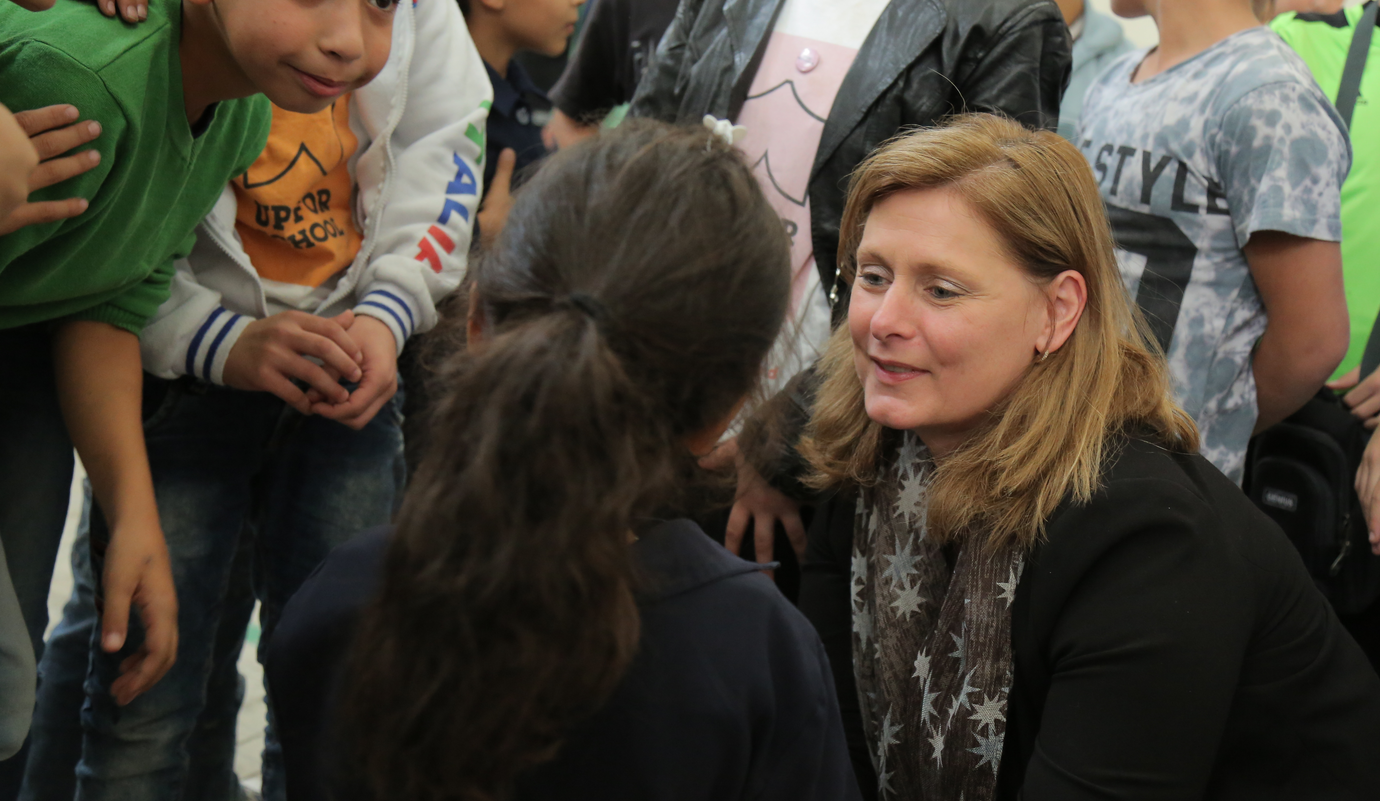
Funding programme to help 600,000 children into school in Mali
Education funding, Right to education
The project will train teachers and engage parents in a country where less than half of all children complete primary education.
Salimata Youssouf was at risk of falling behind at school in Bamako city, Mali. But now she’s working hard in the classroom – thanks to a catch-up programme aimed at keeping children interested and in education.
“I am going to school because one day I want to become a doctor,” says the 13-year-old. “I didn’t take school seriously before. But now, after taking the catch-up programme, I love coming to school.
“It is more engaging and more interesting, it has helped me see the fun and value in coming to school.”
The catch-up project was provided by the global foundation Education Above All and the Islamic Solidarity Fund for Development.
At the United Nations General Assembly last week, they announced a new programme to transform the way that low-income countries can access loan funding to invest in enrolling out-of-school children in primary education.
Among the first to benefit will be Mali, where only 45% of children complete primary schooling, according to UNICEF. The programme aims to reach almost 600,000 out-of-school children with quality primary education and will:
- Train teachers
- Provide learning materials
- Work within communities to engage parents
- Track attendance records, as part of its aim of increasing student retention
The partnership agreement between Education Above All (EAA), the Islamic Solidarity Fund for Development (ISFD) and the World Bank was signed in New York at an event co-hosted with UNESCO.
Mali announced it would be one of the first countries to sign up to the programme with a $31 million loan. This will support a $144 million funding partnership with EAA and the Qatar Fund for Development, along with the Education Development Centre contributing the remainder.
Mali’s project will have an emphasis on the most marginalised out-of-school children.
“This programme, with the recruitment of teachers, will contribute to reducing youth unemployment,” said a statement from the country’s education ministry.
“Mali is grasping the financing opportunity put forward by the ISFD-EAA funding programme, a support that is sorely needed in Mali’s education system.”
Dr Waleed Al Wohaib, Director General of ISFD, said: “It is only by giving children access to education that we can truly help lift more families out of poverty and encourage sustained economic growth for our member nations.”
It is expected that at least three other countries will be supported through the programme, with more partnerships to be announced in coming months.
More news

